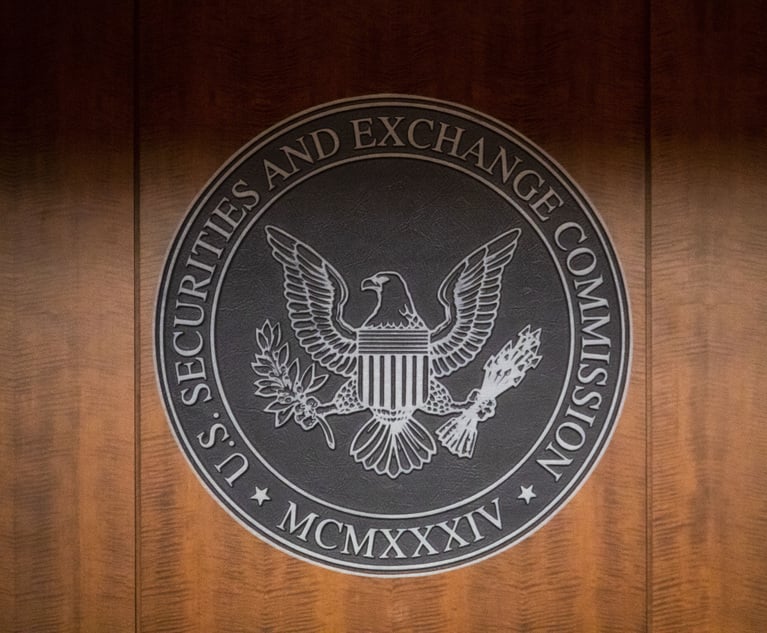 Financial regulators overseeing the over-the-counter (OTC) derivatives market marked an important milestone this fall as Wall Street banks began complying with the last in a cocktail of derivatives market reforms intended to rein in systemic risk. This milestone signals the near completion of derivatives rules established in the wake of AIG's bailout and Lehman Brothers' failure.
Financial regulators overseeing the over-the-counter (OTC) derivatives market marked an important milestone this fall as Wall Street banks began complying with the last in a cocktail of derivatives market reforms intended to rein in systemic risk. This milestone signals the near completion of derivatives rules established in the wake of AIG's bailout and Lehman Brothers' failure.
Now that the global frenzy of crisis-era rule-making has ebbed, and the protective architecture is substantially complete, policy makers must increasingly turn their attention to a new chapter of reform: using data to right-size rules that cause unnecessary harm to smaller firms.
The need for a new reform mindset came into focus last month with the release of a new research note by the International Swaps and Derivatives Association (ISDA), the global derivatives trade body. The analysis reveals the costly burdens that Dodd-Frank and its European equivalent, EMIR, place on smaller firms that are subject to central clearing requirements. The analysis indicates that for as many as 5,521 smaller firms, EMIR's clearing rules will cost each business between US$100,000 and $280,000 per year.
Complete your profile to continue reading and get FREE access to Treasury & Risk, part of your ALM digital membership.
Your access to unlimited Treasury & Risk content isn’t changing.
Once you are an ALM digital member, you’ll receive:
- Critical Treasury & Risk information including in-depth analysis of treasury and finance best practices, case studies with corporate innovators, informative newsletters, educational webcasts and videos, and resources from industry leaders.
- Exclusive discounts on ALM and Treasury & Risk events.
- Access to other award-winning ALM websites including PropertyCasualty360.com and Law.com.
*May exclude premium content
Already have an account? Sign In
© 2024 ALM Global, LLC, All Rights Reserved. Request academic re-use from www.copyright.com. All other uses, submit a request to [email protected]. For more information visit Asset & Logo Licensing.







